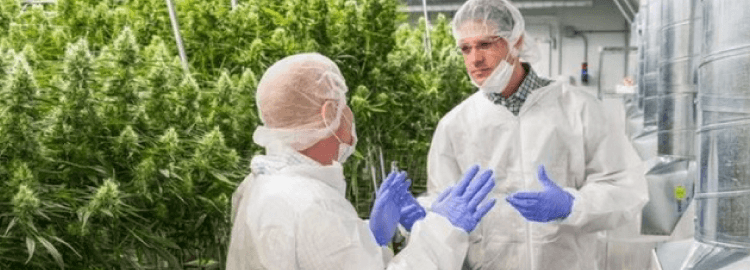Controversial in the country, plant-based remedies relieve symptoms of serious illness
Cannabis – the scientific term for marijuana – use figures in the #toplist of polemics in any country in the world. But before being controversial, the plant is a key component of drugs essential for relieving the symptoms of serious illness. Considering that the sale, distribution and cultivation of cannabis are prohibited in Brazil, the main way to obtain these products is to import them under the authorization of Anvisa, which has granted more than six thousand permits to date.
The permission is only granted to individuals who prove the need by prescription and undertake not to sell or donate the medicines. One of the biggest inconveniences for the patients is the wait for the arrival of the products to the national territory, which in some situations can last a month and a half, harming treatments for severe cases of epilepsy, for example, that cause dozens of seizures.
The documentary “Illegal – Life Does not Wait” (2014) tells the story of a six-year-old child who benefits from cannabis-based medicines. His family depends directly on them to reduce the about 80 seizures the child had each week. A study published in the New England Journal of Medicine observed a 50% reduction of seizures in children with Dravet syndrome, a type of epilepsy. There is research that speaks of reductions above 80%.
The positive effects found in conditions such as autism, chronic pain, schizophrenia, multiple sclerosis, Parkinson’s disease and lack of appetite after chemotherapy have received attention. The Brazilian Senate has been conducting debates on the release of cannabis and the point of agreement has been exactly the therapeutic goals.
In a first step, drug regulation for this purpose could facilitate the importation of medicines or even allow the storage of the products in the country, reducing patients’ wait and costs, even if they do not authorize the cultivation. Cannabidiol (CBD) is one of the most widely used cannabis active ingredients for regulation since, unlike Tetrahydrocannabinol (THC), it has no psychotropic action. Both are used in the composition of medicines.
Medical Cannabis: companies accompany Brazilian market
The Canadian government has announced cannabis legalization for recreational purposes in October but has been allowing its medicinal use since 2001. The country has one of the most advanced legislation in the world on the subject and two companies in the sector are headquartered there and monitor closely the movements in Brazil.
“At CCBC, we have access to important information and participate in the Health Innovation Committee, talking with several players in the market to discuss how to best communicate with regulatory agencies in Brazil and Canada”, says Thiago Callado, executive-director of XLR8 Brazil, an associate of the Chamber that supports the development of new businesses of Medreleaf and advised the first export of Cannabis oil by the company in Canada – a product that goes to Brazil. After the completion of the operation, the shares of the medical cannabis company valued 20%.
Medreleaf has been part of the Aurora global group since July 2018 and is headquartered in the province of Ontario. On the Canadian site, it markets cannabis medicines in the oil, capsule and dry herb formats – only the first two are authorized by Anvisa in Brazil. Prices range from US$ 6.50/g up to US$ 150 for the 40-ml bottle of oil.
TGOD has recently joined the CCBC. It does not sell medicines, but develops research with cannabis, cultivates, distributes and markets the plant for various types of industry. “We are one of Canada’s two licensed producers with the organic certificate. Our production grows without the action of synthetic fertilizers, herbicides or pesticides, which means a higher quality product”, says Andre Pollock, Marketing vice-president for the company.




